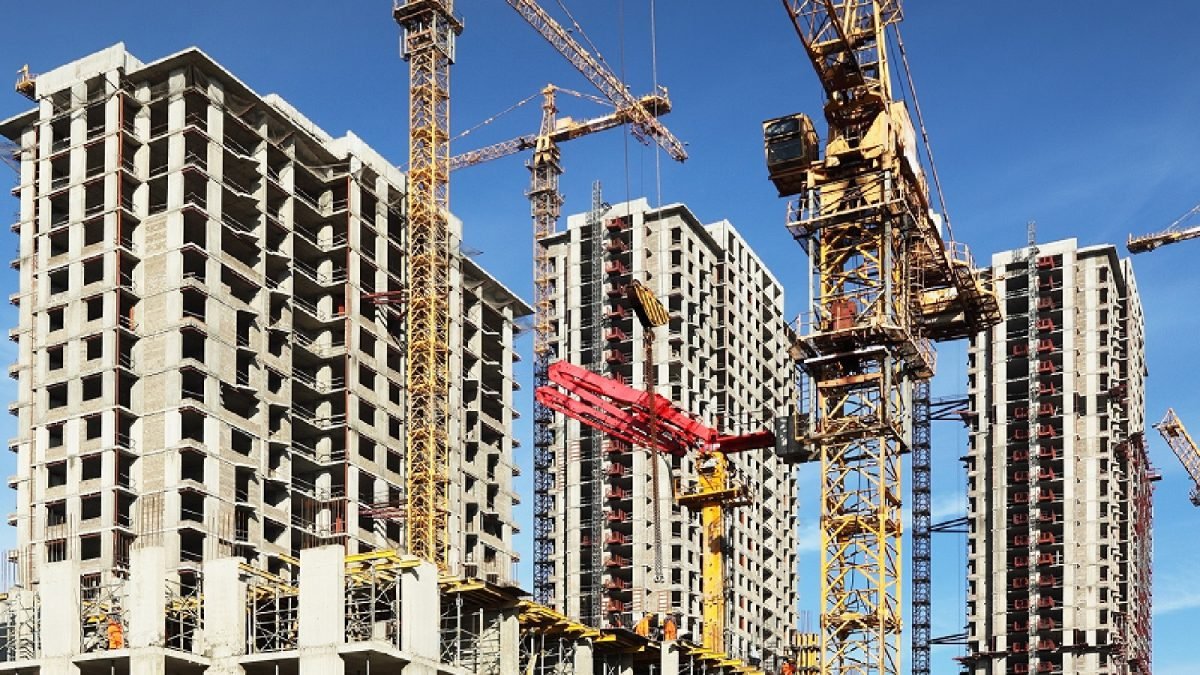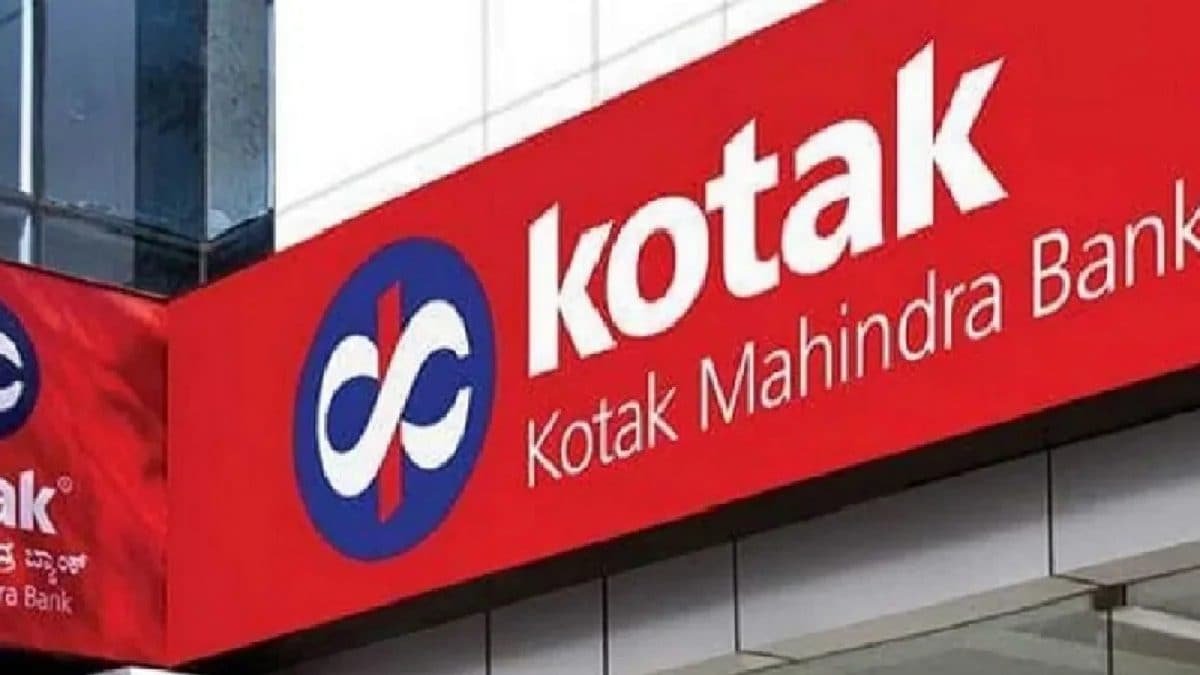Last Updated:
Housing sales rose the most in Coimbatore at 36 per cent and fell maximum in Visakhapatnam by 21 per cent in 2024, according to a report by PropEquity.

The influx of employment opportunities, lower cost of living, and affordable housing are key factors driving real estate demand and supply in Tier 2 cities, says an analyst.
Housing sales across 15 top tier-II cities rose 20 per cent in value terms in the last calendar year 2024 to more than Rs 1.52 lakh crore on higher volume and price appreciation, according to PropEquity.
Real estate data analytics firm PropEquity on Wednesday released the data for 15 major tier-II cities where total housing sales rose 4 per cent to 1,78,771 units in 2024 from 1,71,903 in the preceding year.
In value terms, the sales increased 20 per cent to Rs 1,52,552 crore in 2024 from Rs 1,27,505 crore in 2023.
These 15 cities are — Ahmedabad, Surat, Vadodara, Gandhi Nagar, Nashik, Jaipur, Nagpur, Bhubaneswar, Mohali, Visakhapatnam, Lucknow, Coimbatore, Goa, Bhopal and Trivandrum.
As per the data, housing sales rose the most in Coimbatore at 36 per cent and fell maximum in Visakhapatnam by 21 per cent in 2024.
Bhubaneswar recorded the highest growth in sales value at 47 per cent while Nashik recorded a 2 per cent decline in sales value.
Samir Jasuja, Founder & CEO, PropEquity, said, “Sales value have risen by 20 per cent even as sales volumes have increased by only 4 per cent in 2024 points to a rapid increase in price of homes in these cities owing to factors like rise in cost of raw materials, speculative investments etc. which may impact the real estate market.” Jasuja said the Budget announcements will give a boost to housing demand in tier-II cities and create opportunities for employment.
Ahmedabad was at the top in sales value among 15 tier II cities. The city sold homes worth Rs 49,421 crore in 2024, a 17 per cent rise from Rs 42,063 crore in the preceding year.
Commenting on the report, Madhur Gupta CEO of Hero Realty, said “The influx of employment opportunities, lower cost of living, and affordable housing are key factors driving real estate demand and supply in Tier 2 cities.”
Yashank Wason, Managing Director, Royal Green Realty said the housing demand in tier-II has risen. “With hyper-congestion and dwindling quality housing supply in Tier-1 cities, the next generation of homebuyers are increasingly looking towards Tier-2 cities,” he added.
Aakash Ohri, joint MD and chief business officer of DLF Homes, said that since 2020, Tier-II cities have emerged as significant beneficiaries of the surge in residential demand, particularly those in close proximity to metropolitan centres.
“Luxury developments are no longer confined to metropolitan areas, as both local buyers and those from larger cities are increasingly drawn to high-end residences in smaller cities, especially projects that offer an elevated standard of living without compromising on luxury. Demand spans various purposes, including personal use, second homes, high-value rental opportunities, and short-term leases,” he added.
Panchkula, for instance, has witnessed exceptional real estate growth, with property prices now comparable to those in the NCR’s premium projects, he added. Two of our premium low-rise developments, The Valley Gardens and The Valley Orchard, have played a transformative role in reshaping the local market, Ohri added.
Mohit Malhotra, founder & CEO, NeoLiv, said, “In recent years, the real estate landscape has experienced remarkable growth, particularly in emerging upcoming growth centres of NCR and MMR. The cities of Kundli, Sonipat, Alibaug, Panvel, Sohna are no longer just satellite extensions of major metros; they have evolved into self-sustaining hubs offering modern infrastructure, direct airport connectivity, and a superior quality of life.”
(With Inputs from PTI)



